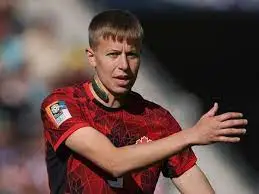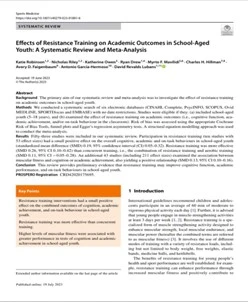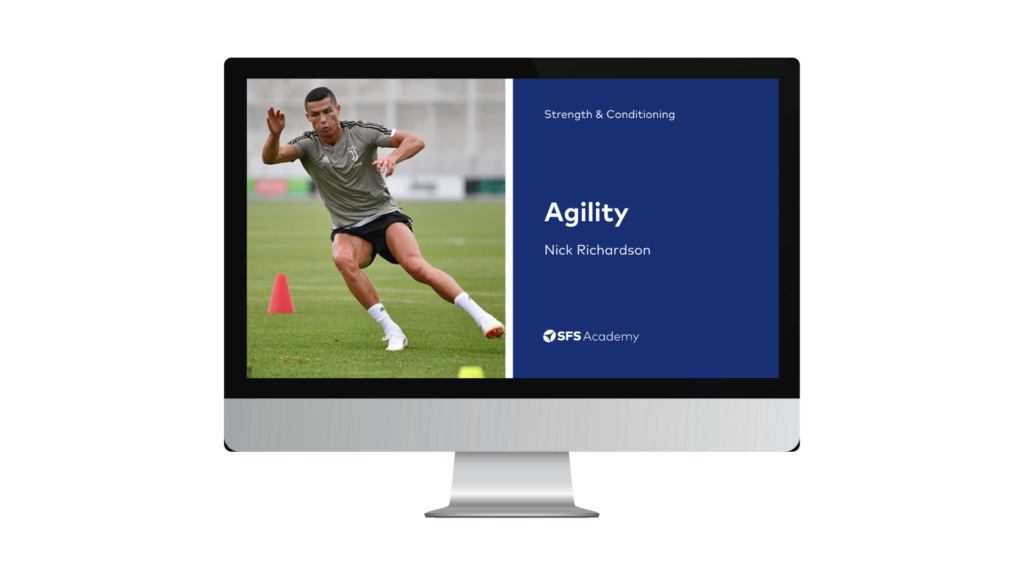This week in the world of sports science, here’s what happened…
Here are some of the biggest happenings:
- Sports supplements may not actually contain what their packaging says
- Q-collars: a potential anti-concussion device for female athletes
- Resistance training may enhance academic performance in youths
- Kai Havertz’s first day at Arsenal
Sports supplements may not actually contain what their packaging says

A recent article from USA Today has cast some doubts over the sports supplements industry. The piece discusses the findings from a new study by Pieter Cohen and his colleagues.
Some of the findings are very alarming. Nearly half the supplements assessed failed to contain a detectable amount of an ingredient listed. Some even contained a prohibited performance-enhancing drug.
This is a fascinating read and reinforces the need for improved regulation in the sports supplements industry. If you want to find out more about sports supplements, check out our excellent piece here on the benefits and risks associated with them.
Q-collars: a potential anti-concussion device for female athletes

If you have been watching the women’s football World Cup you may have noticed some players wearing a collar-like device on their neck. This device is called a Q-collar.
It is proposed that the Q-collar prevents excessive brain movement within the skull, thus reducing the risk of brain injury. In recent years the dangers of brain trauma caused by the “heading” of a ball have emerged.
Research has found that female footballers are more likely to experience brain injuries compared to male footballers. So hopefully a device like the Q-collar can work and make sport safer for females.
Resistance training may enhance academic performance in youths

Thankfully, it is now commonly accepted that resistance training for youths is not “bad” or “dangerous”. Supervised age-appropriate training programs can be highly beneficial for long-term physical health and sporting performance.
However, the cognitive benefits of resistance training for youths remain overlooked. A recent systematic review and meta-analysis did a great job of validating this. The work by Robinson and her colleagues shows resistance training for youths can increase cognitive function and enhance academic performance.
For any S&C coaches working with youths, this study can be a very nice reference when educating parents on youth resistance training.
Kai Havertz’s first day at Arsenal

Kai Havertz a German footballer has just joined Arsenal from Chelsea for a fee of £65 million. Arsenal released a very insightful video of Havertz’s first day at the club. The video which can be seen here rocked nearly 300,000 YouTube views within one day.
It is always interesting to see how elite athletes train at elite clubs. The first four minutes of the video give a good insight into this. From push-ups and chin-ups to impressive single-leg jumps, Havertz and his new teammates are being put through their paces!
From us this week:
>>New course: S&C for Goalkeepers
>>New podcast: How To Use Hot & Cold To Optimise Recovery
>>New infographic: Verbal encouragement improves physical and technical soccer training quality
>>New article: Physical literacy: Why is it important and how can you develop it?
Access to a growing library of sports science courses
SFS Academy is an all-access membership to premium sports science education.
With SFS Academy, you’ll learn from some of the best coaches around the world as they teach you how to apply the latest research and practice with your athletes.
Get instant access when you join today on a 7-day free trial.
I hope you enjoyed this week’s roundup of the hottest sports science news, and as always, I’ll be back next week with more to keep you at the forefront of the industry.



